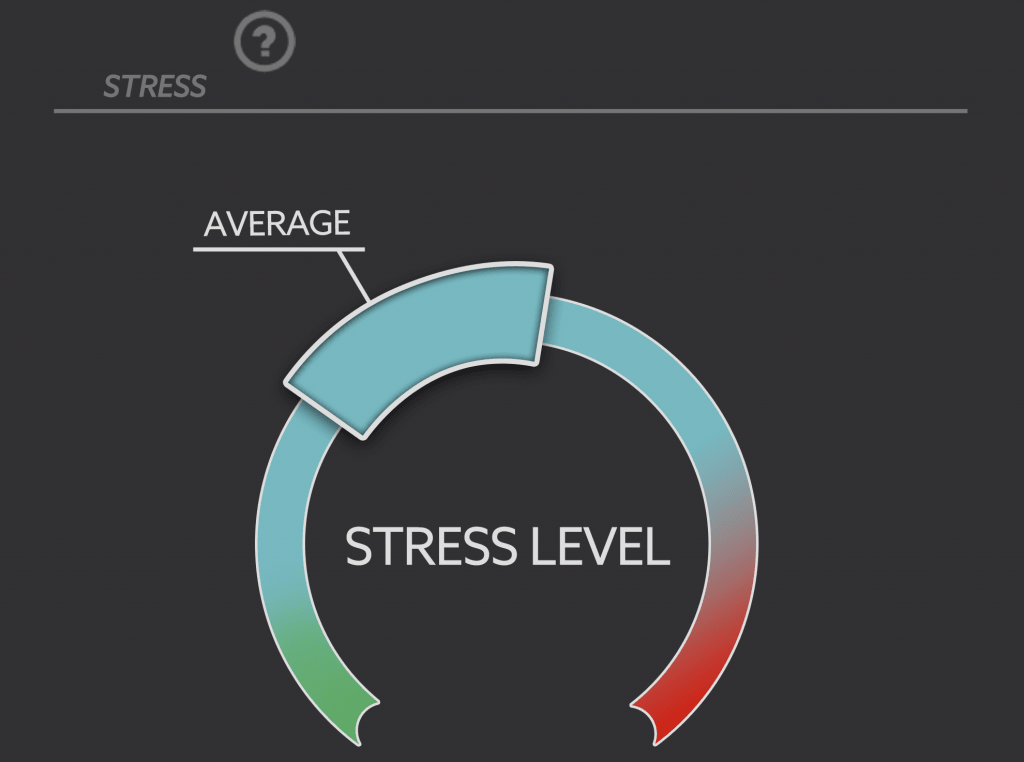Tuesday, May 30, 2017
In the wild, the horse is a herd animal, grazing all day and watching its surroundings for predators. The lifestyle we impose on them is often very different from that of their natural environment.

By interacting with him and modifying his habits, we confront him with various stressful elements. The stress generated can have an impact not only on his health and well-being, but also on his sporting performance.
Let's take a closer look at this ailment, which is an integral part of our mount's life.
Whether acute, punctual or chronic, stress is a situation of physiological and behavioral tension due to a new or threatening context. It is a reactionary state that mainly affects the nervous, endocrine and immune systems, and negatively influences the animal's well-being.
In the wild, when stressed, the animal's heartbeat accelerates, blood pressure rises, circulation speeds up, the brain works faster, hearing and sight are alert... The whole body goes into flight mode. But in captivity, when it's impossible to flee, its metabolism begins to secrete cortisol (the stress hormone) more consistently. Stress is managed by the central nervous system, which works in tandem with the adrenal glands to produce a cascade of hormones.

In the case of a one-off stress situation, cortisol levels will return to normal fairly quickly. However, if the stress is intense, persistent or chronic, the consequences of corticosteroid release can have a serious impact on the horse's well-being and performance.
Stress affects the overall health of your horse by causing physiological or behavioural disturbances such as :
- lack of concentration at work,
- muscle contractions,
- increased sweating,
- intolerance of exertion,
- loss of appetite,
- weakening of the immune system, making the horse more susceptible to other diseases
Whatever the cause, stress alters your horse's digestive functions. In fact, excessive cortisol release disrupts digestive transit by reducing digestive enzymes, leading to the proliferation of pathogenic bacteria. The result can be diarrhoea, dehydration and electrolyte imbalances, leading to colic.
By measuring your horse's stress level at work on a regular basis, Seaver enables you to identify particularly stressful moments and thus anticipate these disturbances. In our case, stress levels are measured from variations in heart and breathing rates, and are symbolized in the application by a gauge divided into several distinctly colored segments: green representing a low stress level, blue, a normal level, and red, a high level. The highlighted part of the gauge corresponds to the average your horse is in. The further to the left this area is, the less stressed your horse will have been during the session, and vice versa.

As workload is directly proportional to stress load, athletes who work hard are particularly prone to stress. Training and exercises adapted to your horse's workload are a good way to prevent and combat stress. Consistent exercise programs not only help to develop physical fitness and prevent overtraining injuries, but also ensure that you don't inadvertently demand a level of physical performance that can lead to chronic stress in your horse.
See you soon for another article,
The Seaver team (1) Dr Yves Bertrand, Stress et bien-être chez le cheval. February 2007.
(2) Marie Peeters, Evaluation du niveau de stress du cheval en compétition et en milieu hospitalier : Mesures comportementales, physiologiques et appréciation du tempérament. 2012.